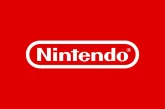Codemasters are an interesting developer. They are one of a few that have survived the changes within the industry when others, often much larger companies, had failed. For many today, Codemasters are really only known for their racing titles which seems to be their only future since the EA acquisition in 2021. Actually, when I just looked into that date, I noticed they no longer have an active independent website. That must have been incredibly recent because they certainly had one earlier this year. Codemasters are now nothing more than a side note in the empire of EA.
As a developer, Codemasters began life all the way back in 1986 by brothers Richard and David Darling. The big break came when two other brothers, Andrew and Philip Oliver, came to them with Super Robin Hood after no one else would publish it. The game was released for the Amstrad CPC but was quickly ported to other micro computers at the time such as the ZX Spectrum and C64. You can’t really talk about the Codemasters early years unless you talk about The Oliver Twins. The two go hand in hand and their successes are intertwined.
Publishers and developers back during the 8-bit micro computer era often focused on either the budget £2.99 or the more expensive £9.99 price point. It’s fascinating to see how affordable it all was back in the day. Remember that Europe was more heavily invested in micro computers than consoles unlike Japan and North America. Creating games was pretty cheap and duplicating cassette tapes was certainly far more affordable than dealing with the likes of Atari or later, Nintendo and Sega were licenses were required to put your titles on their systems before having to purchase the cartridges from the console manufacturer. Codemasters focused their releases at the budget end of the market.
A lot of what came out from Codemasters during the early years was the Simulation line of games. Such titles included Grand Prix Simulator, Professional Ski Simulator and Pro BMX Simulator. But perhaps the biggest franchise to come out from Codemasters at this point was Dizzy. Outside the United Kingdom and perhaps Europe, it’s not really something anyone likely knows. It was ported, somewhat illegally, to the NES in North America, but it really was massive over here in the United Kingdom.
The Dizzy games were all developed and later designed but outsourced, by The Oliver Twins. While the first game Dizzy – The Ultimate Cartoon Adventure wasn’t a big success upon release, it did slowly start to see the sales come in as word of mouth spread. The next few releases continued to see huge sales and it is arguably the best games to come from either Codemasters or The Oliver Twins. My earliest gaming memory was of Dizzy – The Ultimate Cartoon Adventure on the ZX Spectrum +2 model.
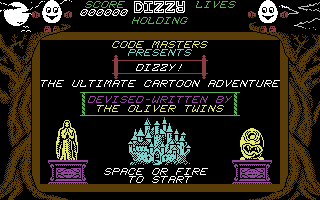
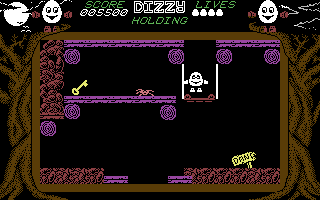
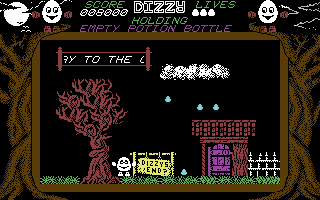
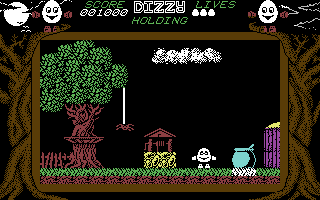
The great thing about the games The Oliver Twins developed was that, they weren’t insanely difficult for the purpose of being insanely difficult. It’s what I think made their games, as well as Codemasters as a whole, so great. I’m not saying everything was a masterpiece or anything, but we aren’t also looking at the shite that Ocean Software or US Gold often crapped out.
As Codemasters enjoyed huge success, a lot of their games were ported to a huge number of platforms including the Commodore Amiga which certainly would require a lot more work than other systems.
The biggest issue perhaps came when Codemasters attempted to get their games onto consoles. Reverse engineering the NES, they found themselves creating unlicensed cartridges that they could sell. That, didn’t go down too well with Nintendo especially after the creation of a little device called The Game Genie. That led to a lawsuit with the Canadian publisher Galoob from Nintendo. It’s also the only thing most from North America know about Codemasters from this era.
Things really started to change when Codemasters got the license to produce video games based on the insanely popular miniature toy line Micro Machines. The innovative racing games saw the players race around real life inspired environments around the house such as breakfast tables or school desks and the object wasn’t to necessarily be the first to to get three laps. The goal was to get far enough ahead of the other players that they’d leave the screen and you’d win the point. If you won all the points, you would win, but if you managed to get through three laps then it was whomever had the highest number of points who would win.
The best 16-bit game in Micro Machines I believe was Micro Machines Turbo Tournament 96 for the Mega Drive as I remember putting in so many hours creating my own tracks. It was really an amazing idea that should have been kept in future instalments.
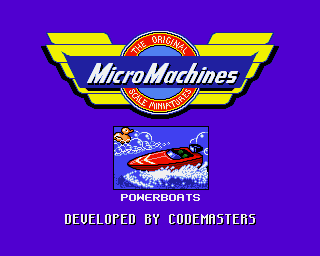
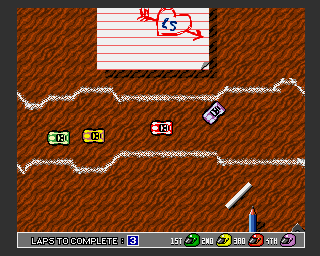
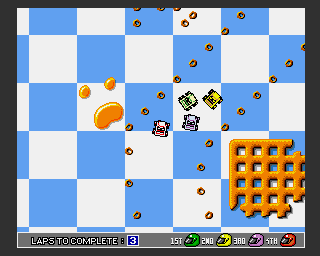

Codemasters were always late to move onto the next generation of hardware. Development costs, licensing costs and distribution costs alone would keep increasing which was difficult enough for big publishers, so for a small studio that also published their own games, it must have been far more risky. There were occasions I’m sure I read, where Codemasters were near bankruptcy because of the move to a new generation of hardware. The first generation of 3D gaming was the era in which Codemasters started to home their skills in what would become their only genre, the racing games.
Although Micro Machines made the leap onto both the PS1 and N64, the two big franchises to come out of this generation was Colin McRae and TOCA series. That’s not the only big successes Codemasters had, anyone remember Music 2000? But this was where Codemasters seemingly started to see a slow shift towards focusing entirely on racing.
As time went on, it seems that Codemasters really only saw major success in the racing games and this is a real shame. They had some great games such as the first two Overlord titles but this was becoming a more serious issue as Codemasters saw some huge duds during the Xbox 360 and PS3 era which ultimately saw them refocus everything on the F1 and Dirt annual releases.
Now, Codemasters are nothing more than an EA Sports brand with not even a proper website and destined to release racing games forever. Or, more likely, until EA sees a dud and profits not reach a certain ever increasing level at which point it’ll probably close down. Because if there’s one thing we can rely on with EA, it’s that they have no problem destroying what they buy.
Thank God so many studios have opened over the decades as a result of former employees leaving Codemasters. One of the biggest to come out of Codemasters was probably Playground Games, a fantastic independent developer that has no mega corporation pulling any of the strings or any…….. Oh for fuck sake! Well, from Playground Games we have seen a new developer launch just this year. Maverick Games. Let’s see what they have up their sleeves. And how long they stay independent.




